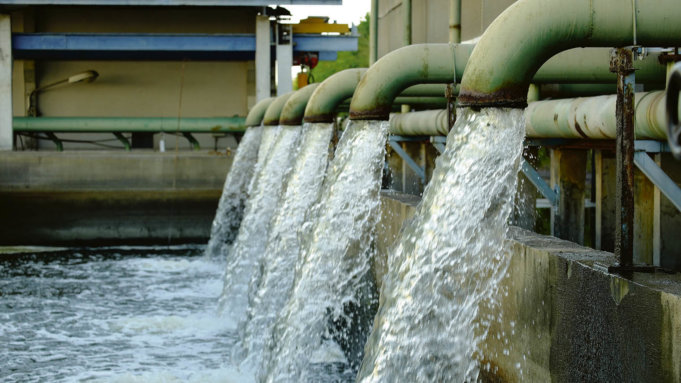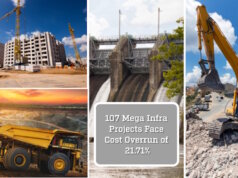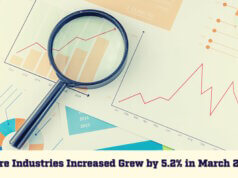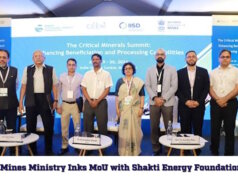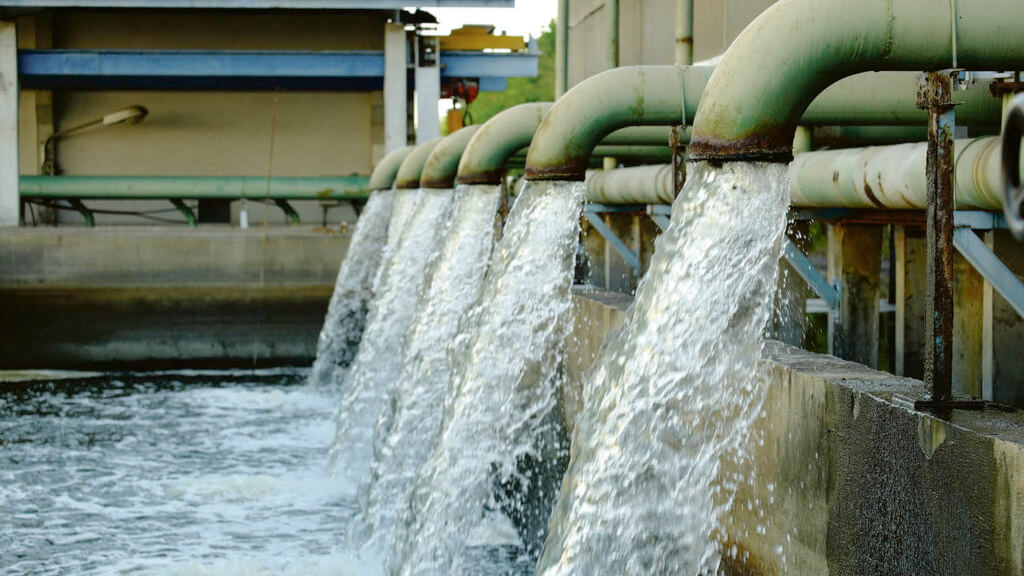 The Union Cabinet, chaired by Prime Minister Narendra Modi has approved the Atal Mission for Rejuvenation and Urban Transformation 2.0 (AMRUT 2.0) till 2025-26, as a step towards Aatma Nirbhar Bharat and with an aim of making cities water secure and self-sustainable through circular economy of water.
The Union Cabinet, chaired by Prime Minister Narendra Modi has approved the Atal Mission for Rejuvenation and Urban Transformation 2.0 (AMRUT 2.0) till 2025-26, as a step towards Aatma Nirbhar Bharat and with an aim of making cities water secure and self-sustainable through circular economy of water.
The Cabinet understands that providing reliable and affordable water supply and sanitation services to urban households is a national priority.
This will be achieved by providing functional tap connections to all households, undertaking water source conservation/augmentation, rejuvenation of water bodies and wells, recycle/re-use of treated used water and rainwater harvesting.
The project will lead to ease of living by providing piped water supply and sewerage/septage facility to urban households.
AMRUT, the first focused national water Mission was launched in June 2015 to facilitate ease of living to citizens in 500 cities by providing tap connections and sewer connections. So far, 1.1 crore household tap connections and 85 lakh sewer/septage connections have been provided.
As many as 6,000 MLD sewage treatment capacity is being developed, of which 1,210 MLD capacity is already created, with provision for reuse of 907 MLD treated sewage.
Apart from this, 1,820 parks with area of 3,600 acre have been developed, while another 1,800 acre of area is under greening. So far, 1,700 flooding points have been eliminated.
Taking forward the remarkable strides made under AMRUT, AMRUT 2.0, targets universal coverage of water supply by providing household tap connections in all 4,378 statutory towns.
A total 100 percent coverage of household sewerage/septage management in 500 AMRUT cities is other objective. The Mission targets to provide 2.68 crore tap connections and 2.64 crore sewer/septage connections to achieve the intended outcomes.
The total indicative outlay for AMRUT 2.0 is Rs 2,77,000 crore including Central share of Rs 76,760 crore for five years from FY 2021-22 to FY 2025-26.
The Mission will be monitored on a robust technology based portal. The projects will be geo-tagged. There will be an endeavor to make it a paperless Mission. Cities will assess their water sources, consumption, future requirement and water losses through a city water balance plan.
Based on this, city water action plans will be prepared which will be summed up as State Water Action Plan and will be approved by the Ministry of Housing and Urban Affairs.
The funds for the projects will be shared by the Centre, states and ULBs. Central funds will be released to the states in three tranches based on allocation to the state as per State Water Action Plan.
Other key features of AMRUT 2.0 (U) include Pey Jal Survekshan which will encourage competition among cities for benchmarking urban water services. The Mission will also encourage mobilisation of market finance by mandating implementation of 10 percent of worth of projects in cities with population above 10 lakh through public private participation (PPP).
The Mission will also bring in the leading technologies in the water sector in the world through technology sub-Mission. Entrepreneurs/start-ups will be encouraged in water eco-system. Information Education and Communication (IEC) campaign will be undertaken to spread awareness among masses about water conservation.
The Mission has a reform agenda focussed towards financial health and water security of ULBs. Meeting 20 percent of water demand through recycled water, reducing non-revenue water to less than 20 percent and rejuvenation of water bodies are major water-related reforms.
Reforms on property tax, user charges and enhancing credit worthiness of ULBs are other important reforms. ULBs will be rewarded with incentives on accomplishing the reforms.


